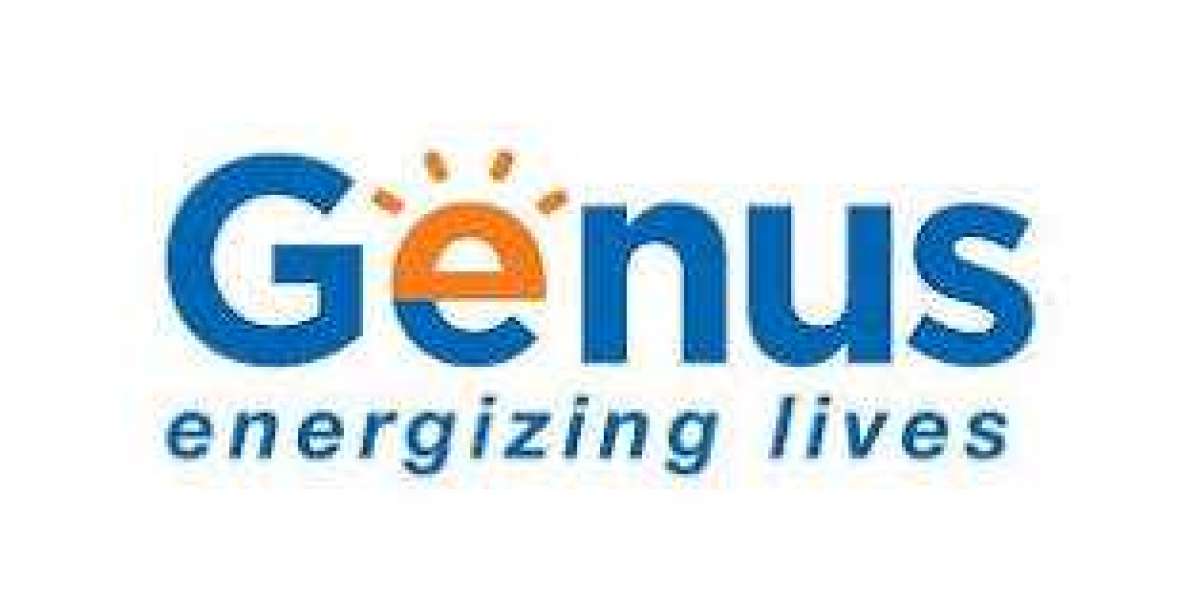Smart cities are the urban living environments of the future, meant to be efficient, sustainable, and technologically advanced. Smart metering is at the center of this revolution, as it enables cities to manage resources wisely, minimize energy usage, and improve citizens' overall quality of life. In this post, we'll look at how smart metering solutions can help develop tomorrow's smart cities.
Understanding Smart Metering
The use of advanced metering infrastructure and technology to monitor, measure, and manage utilities such as electricity, water, and gas is referred to as smart metering. Smart meters, as opposed to standard meters, give real-time data and two-way communication capabilities, allowing for seamless integration into the city's infrastructure.
Efficient Energy Management with 3-Phase Meters
3-phase meter is an essential component of smart metering solutions, particularly in urban areas. These meters are intended to monitor power usage in commercial and industrial buildings, which play an important part in the energy landscape of a city. Cities can properly measure energy usage, discover patterns, and optimize distribution with 3-phase meters, resulting in less waste and greater efficiency.
Advantages of Smart Metering Solutions in Smart Cities
- Real-time Data: Smart meters give you fast access to your consumption data. This data can be used by city officials to make informed decisions about energy distribution and resource allocation.
- Energy Conservation: Smart meters promote energy conservation by providing consumers with information about their consumption patterns. This understanding frequently leads to lower energy consumption.
- Grid Management: Smart metering aids in the efficient management of electricity grids. Cities can detect and respond to outages more quickly, providing continuous power supply to key services.
- Billing Accuracy: Billing errors are eliminated through automated readings, increasing transparency and confidence between utility providers and consumers.
- Renewable Energy Integration: Cities can smoothly integrate renewable energy sources thanks to smart meters. Residents' excess energy, such as that generated by solar panels, can be put back into the grid, boosting sustainability.
- Peak Load Management: Smart metering technologies enable cities to better manage peak energy consumption, preventing overloads and lowering the danger of blackouts.
- Water Conservation: Smart water meters assist communities in detecting leaks and encouraging residents to conserve this valuable resource.
- Cost Reduction: Smart metering reduces energy waste and optimizes resource allocation, resulting in cost savings for both cities and customers.
- Environmental Benefits: Reduced energy use and better resource management help to reduce carbon emissions and promote environmental sustainability.
Net Metering for Distributed Energy Generation
Net metering is an important feature of smart metering, particularly in smart cities where there is a growing interest in distributed energy generation. Residents who create excess electricity, such as through rooftop solar panels, can feed it back into the grid using a net meter. In exchange, they receive energy bill credits. This method not only encourages the use of renewable energy, but it also improves the overall resilience of the electricity grid.
Conclusion
Smart metering solutions are unquestionably the foundation of smart cities, providing the data and insights required to improve efficiency, sustainability, and quality of life. Cities may manage resources intelligently, eliminate waste, and encourage environmental responsibility by utilizing technologies such as 3-phase meters and net metering. The importance of smart metering in defining the cities of the future cannot be emphasized as urban populations continue to expand. It's not just about evaluating utilities; it's about making the world a smarter, more sustainable place for everyone.








